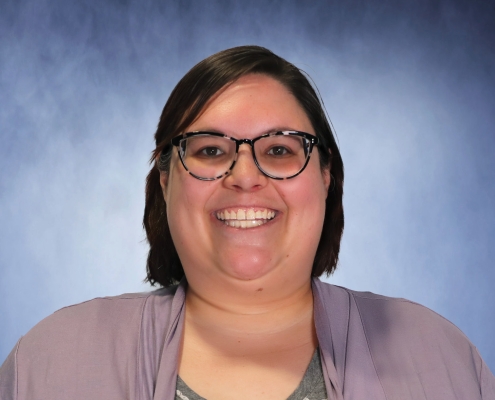National Youth Suicide Prevention Week
Did you know suicide is the second leading cause of death for individuals ages 10-24? Youth suicide statistics cannot be ignored as they have greatly increased over the last decade. Ten teenagers out of 100,000 decide to commit suicide. Females attempt suicide at a rate of nearly 3-times that of males. However, males die by suicide at a rate of nearly 3-times that of females. Suicide prevention is a critical health topic for young people in the U.S.
Who is at high risk for suicide?
Adverse Childhood Experiences (also known as ACES) can include neglect, abuse, experiencing violence, substance abuse, divorce, incarceration of a family member, or poverty. Experiencing ACES has been shown to negatively affect physical and mental health over time and can occur across generations. This is particularly troublesome for youth who have had limited access to healthcare. Youth who have one or more ACES are at higher risk for suicide. Populations at a higher risk of experiencing ACES include minority groups, low socio-economic groups, and LGBT groups. Native Americans and Alaskan Indians have the highest rates of suicide by ethnic group.
What are the warning signs?
It is not always possible to recognize the warning signs in those thinking about suicide. Some common signs to watch for include:
- Talking or writing about death
- Expressing hopelessness about the future
- Withdrawing from family or friends
- Increased drug/alcohol use
- Giving away personal possessions
- Engaging in self-harming behaviors
- Participating in dangerous activities
- Significant change in mood or behavior
How to support someone who is experiencing suicidal thoughts:
- Talk with them about their suicidal thoughts as it can help them process their emotions.
- Try to acknowledge their feelings, fears, sadness, or pain.
- Provide reassurance but do not dismiss the problem. You may ask if they are thinking about hurting themselves or taking their own life, and if they have a plan.
- Be sure the person does not have access to any lethal weapons or medications and immediately inform adults or caregivers.
- Try to avoid panicking or offering too much advice.
- Provide contact information for the crisis line(s) and assist them to call if necessary.
Professionals like the counselors or psychiatrists at NOAH are great resources for ongoing support and safety planning.
If you or someone you know is experiencing a crisis, reach out to one of the following resources for help:
- National Suicide Prevention Lifeline: Call, text, or chat: 988
- Crisis Text Line: text HOME to 741741
- Maricopa County Crisis Line: 800-631-1314
- Teen Life Line: Call or text 602-248-TEEN (8336)




